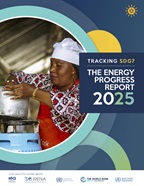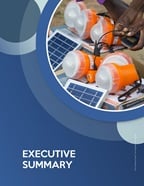
Health science and policy summaries
Concise overviews of current evidence on air quality, energy access, climate change, and health
Highlights

Concise overviews of current evidence on air quality, energy access, climate change, and health

WHO invites governments, agencies and organizations to pledge voluntary actions to reduce the health impacts of air pollution by 50% by 2040.
.jpg?sfvrsn=d51a0bea_8)
Stop polluting the air we breathe – prevent diseases and save lives
/country-readiness-strengthening-(crs)/community-readiness-and-resilience-(crr)/beat-the-heat-banner-cropped.jpg?sfvrsn=a5bbb703_3)
Initiative against extreme heat and related environmental health risks in workplaces and major events
News
All →Factsheets
All →Calls For
All →Air pollution remains the leading environmental health risk both regionally and globally, contributing to reduced life expectancy and a wide range of noncommunicable...
WHO, as the coordinating authority on international health, supports countries in protecting public health through evidence-based policies and actions....
Exposure to air pollution and its associated health impacts are affected by land use practices including their regulation and enforcement. Understanding...
Exposure to green spaces is widely associated with health benefits, including mental (e.g. reduced risk of depression and anxiety), physical (e.g. improved...

Tracking SDG 7: The Energy Progress Report 2025 finds that almost 92% of the world’s population now has basic access to electricity. Although this...

The Energy Progress Report 2025 finds that almost 92% of the world’s population now has basic access to electricity Although this is an...

The directory is an online repository with more than 200 open access resources and tools updated on a regular basis that provide information on the importance...

The WHO Air Quality, Energy and Health Science and Policy Summaries (SPS) provide concise overviews of current knowledge and evidence on topics related...
Multimedia
All →